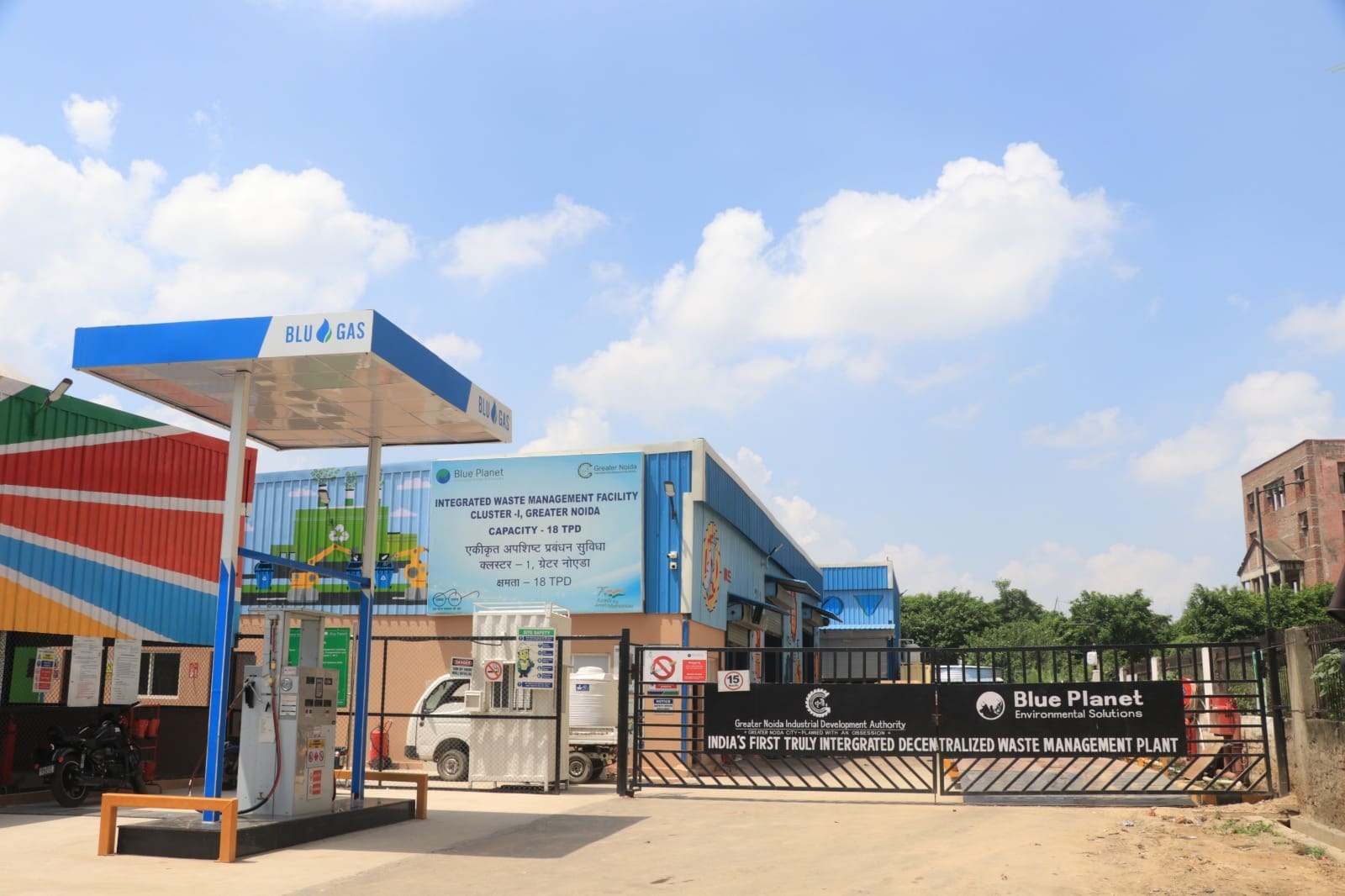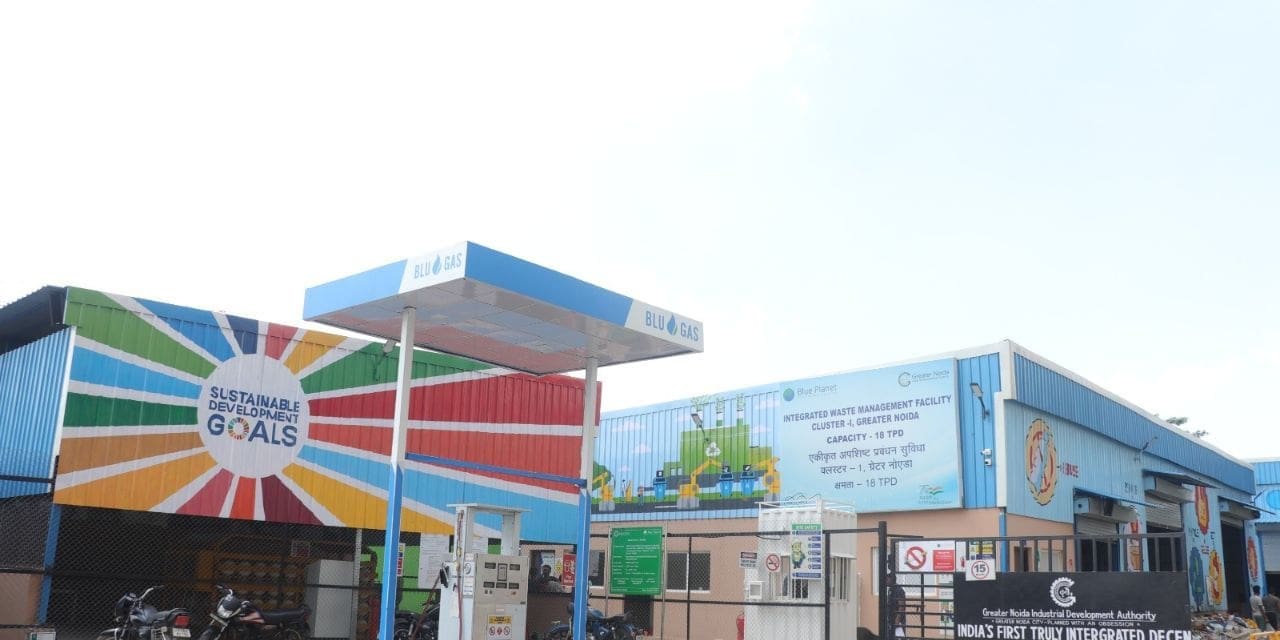Greater Noida, 23 August, 2023, Blue Planet Asia Environmental Solutions, a Singapore-headquartered pan-Asian company in sustainability solutions, hosted a plant visit for mainstream media at its state-of-the-art facility in Noida on August 22. The visit showcased the company’s revolutionary waste management approach and commitment to driving environmental stewardship through technologically advanced, IT-driven, and end-to-end integrated services.

At the forefront of regional sustainability, Blue Planet offers various waste management solutions from collection to segregation to transportation to processing. Through an innovative end-to-end model, the company gains exclusive access to waste streams from the point of generation, allowing efficient management, processing, and upcycling of waste materials.
The recently organized plant visit provided attendees with an exclusive opportunity to witness first-hand operational excellence and environmentally conscious practices that define the company’s approach. The facility is a testament to the integration of collection, advanced processing, and efficient transportation, offering a comprehensive solution to waste management challenges.

Of late, Chief Minister Shri. Yogi Adityanath inaugurated the facility, emphasizing the importance of public-private collaborations in addressing pressing environmental concerns. Blue Planet Asia’s plant exemplifies this teamwork by presenting an innovative model that redefines waste management in India, paving the way for cleaner energy landscapes and healthier communities.
Co-founder and CEO of Blue Planet, Prashant Singh, shared his perspective on the visit, saying, “Our Noida plant visit signifies our dedication to revolutionizing waste management practices in India. Through advanced technology and sustainable processes, we aim to contribute to a cleaner and greener environment. This plant exemplifies our commitment to creating a more sustainable future.”
The Noida plant is established in partnership with GNIDA and boasts a processing capacity of 18 metric tonnes of waste per day. The facility is a testament to Blue Planet Asia’s leadership in sustainable fuel supply, recycling waste into biogas and CNG for reuse. Additionally, the company’s MSW initiatives have substantially reduced CO2 emissions, aligning waste management efforts with global climate goals.
The plant visit also showcased Blue Planet Asia’s prowess in bio-mining projects, with 17 ongoing initiatives aimed at reclaiming and revitalizing the environment. The company’s commitment extends beyond processing, as it champions circular economy principles by enabling the use of 1,000,000 tons of RDF in cement kilns and waste-to-energy plants.

It is worth noting that the event drew the attention of several prominent journalists from renowned media outlets, highlighting the significance of Blue Planet Asia’s innovative approach to waste management.
Blue Planet Asia’s Noida plant visit signifies a pivotal step towards a more sustainable and environmentally conscious future. By integrating technology, innovation, and collaboration, the company is pioneering a new era of waste management practices in India and beyond.
About Blue Planet Environmental Solutions
Blue Planet Environmental Solutions Pte Ltd (BPES) is a Singapore-headquartered pan-Asian company driving regional sustainability through technologically enhanced and IT-based end-to-end integrated solutions. The company provides waste management solutions ranging from collection, segregation to transportation and processing of all types of wastes from bulk generators. By using an end-to-end model, Blue Planet secures exclusive access to waste streams from the point of generation, which gives the company the ability to manage, process and upcycle waste in an efficient manner. This makes the model more efficient than most current practices, which are often inefficient and have low recovery rates.

